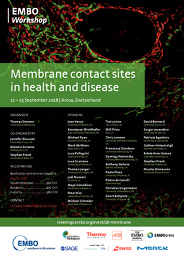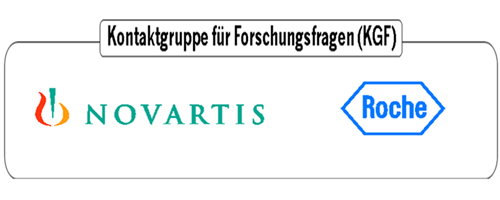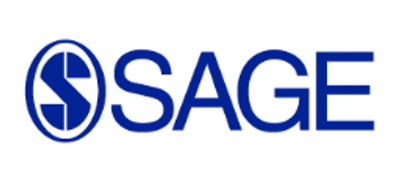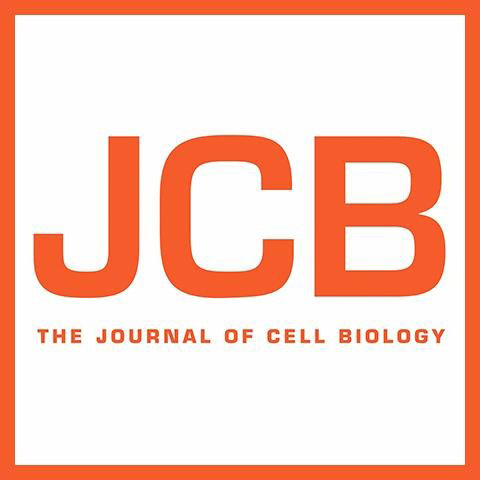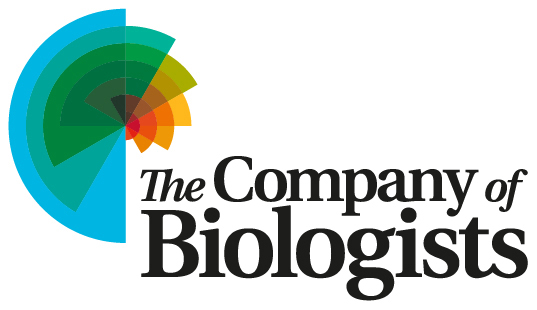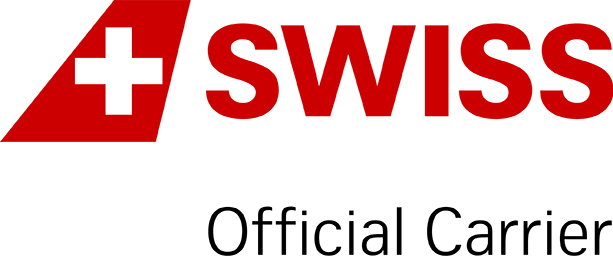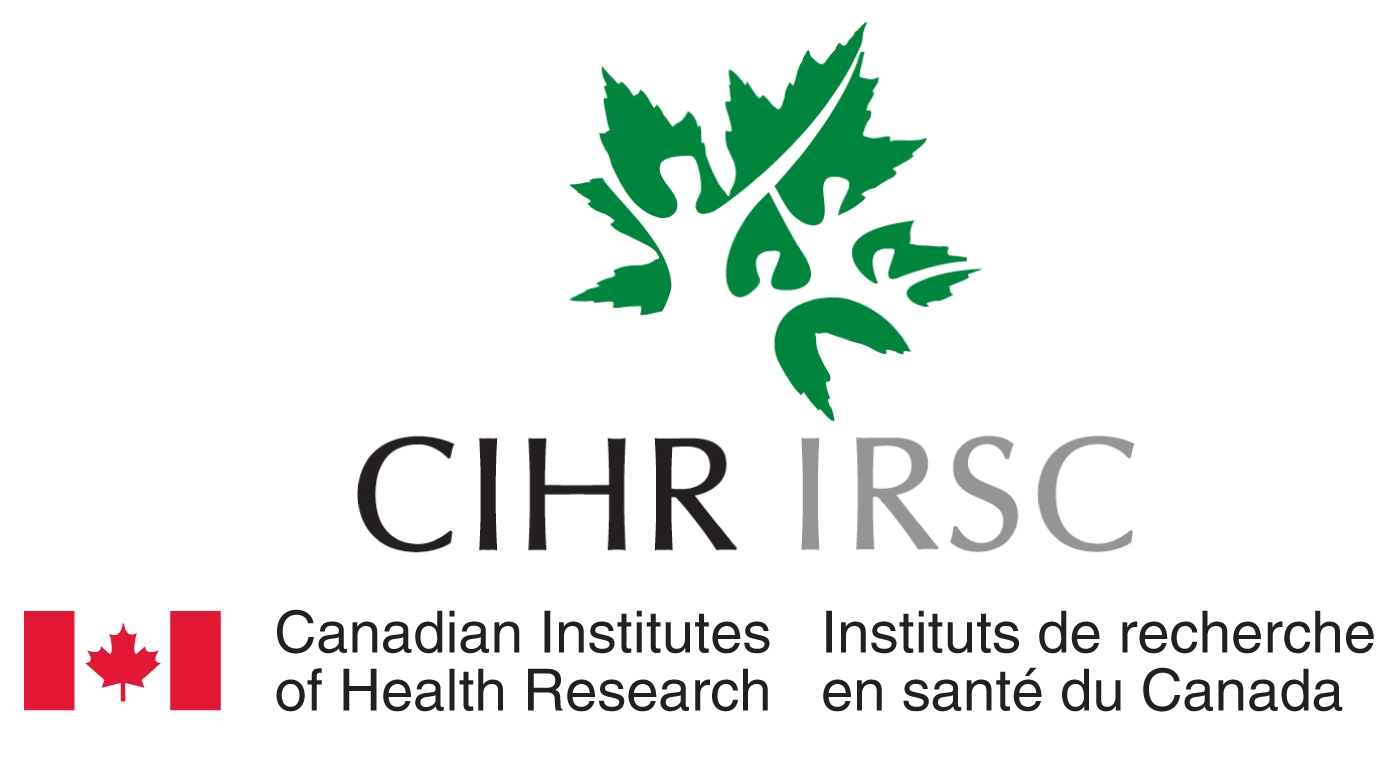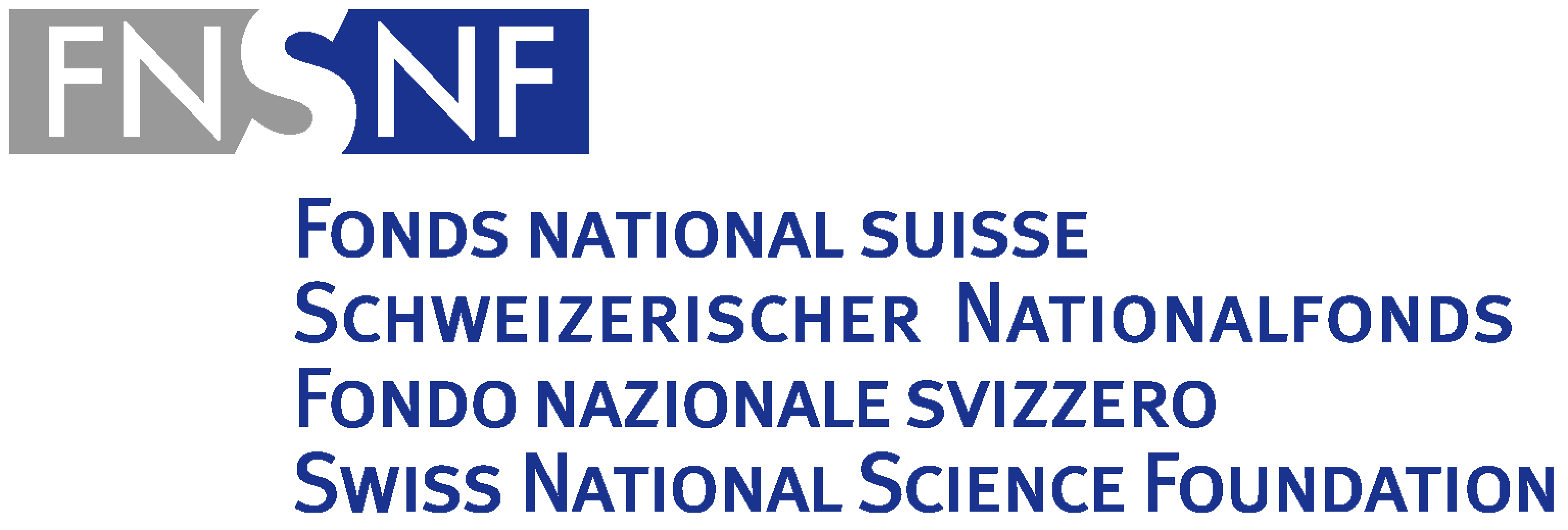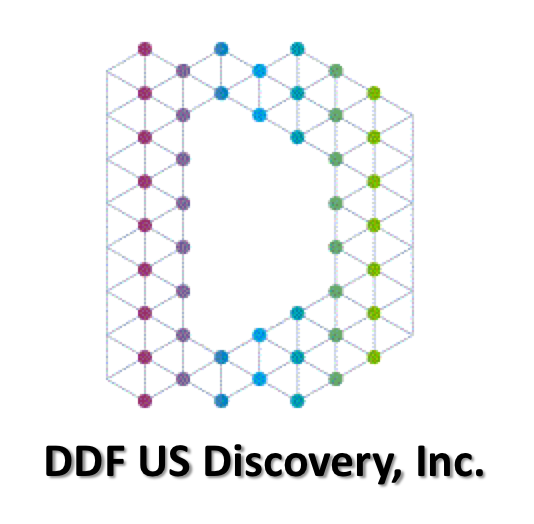About the Workshop
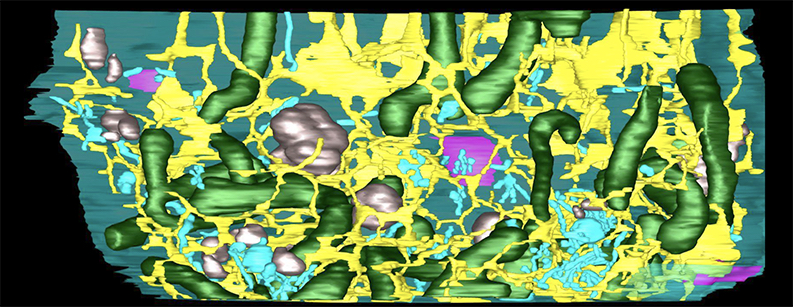
Membrane contact sites (MCS) were discovered by electron microscopists in the 1950s. These early visual detections of organellar contacts were followed by biochemical isolation of contacts between the endoplasmic reticulum (ER) and mitochondria from the 1970s to the 1990s.
While classic cell biology has historically assigned specific functions to the various intracellular organelles of the eukaryotic cell, the discovery of MCS indicates that organelles are not separate entities. Rather, they exchange material, including lipids, ions and proteins, often using non-vesicular mechanisms that require contact formation between at least two distinct organelles.
This critical insight was first made from the biochemical study of ER-mitochondria lipid transport at the mitochondria-associated membrane (MAM). Today, in addition to classic electron microscopy and biochemical isolation, inter-organellar contacts are studied by electron tomography, superresolution microscopy, proximity ligation assays (PLA) or approaches based on split GFP that is reconstituted upon apposition of two portions localized to neighboring organelles.
Important MCS functions include lipid synthesis, the control of mitochondria metabolism, the import of Ca2+ into cells via store-operated Ca2+ entry (SOCE), apoptosis and the biogenesis of autophagosomes. A field of intense research is the significance of MCS formation and functioning for human disease. Recent results implicate the malfunctioning of MCS in cancer, neurodegeneration, diabetes, cardiovascular disease and infection.
About EMBO Courses and Workshops
EMBO Courses and Workshops are selected for their excellent scientific quality and timelines, provision of good networking activities for all participants and speaker gender diversity (at least 40% of speakers must be from the underrepresented gender).
Organisers are encouraged to implement measures to make the meeting environmentally more sustainable.


